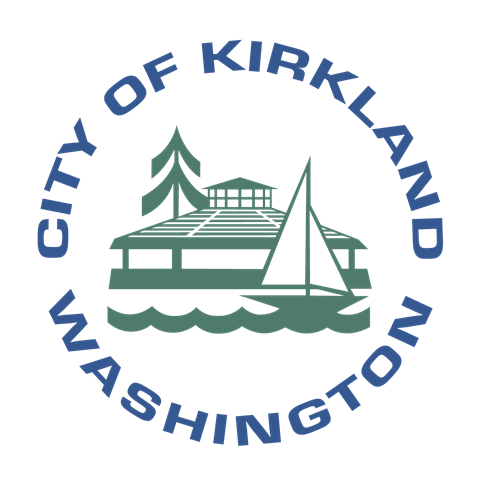DelBene Announces $1.3M for Kirkland Jail Addiction Treatment Program
Published on September 30, 2023

Media Contact:
David Wolbrecht
Communications Program Manager
dwolbrecht@kirklandwa.gov
425-587-3021
KIRKLAND, Wash. - On September 28, Congresswoman Suzan DelBene (WA-01) announced nearly $1.3 million in federal funding to establish a new comprehensive substance use treatment program at the Kirkland City Jail.
The City will use this funding to create a holistic and evidence-based program that includes screenings, on-site treatment, support services, and reentry planning for incarcerated people with substance use issues. Through partnerships with peers and community resources, the program aims to reduce repeat offenses, overdose cases, and the tragic impacts of substance use in the community.
“People in our jails and prisons are disproportionately living with substance use issues while also lacking the critical support needed to address these conditions. This new program in Kirkland will help provide incarcerated people with the necessary tools to combat the disease of addiction and better prepare them to reintegrate into society,” said DelBene. “This initiative represents a crucial step in breaking the cycle of substance use within our community and providing a path toward recovery and a brighter future.”
“We all know our region is experiencing a drug crisis. Although the issues and solutions surrounding this crisis are complicated and complex, this important grant will support the City of Kirkland in preventing opioid use disorder and overdose deaths for community members awaiting their due process through our legal system,” said Kirkland Mayor Penny Sweet. “This is a critical step in helping Kirkland and our region bridge the gap between public safety and public health.”
In 2018, over 47,000 Washingtonians were regular opioid users, and over half of them were expected to be released from a Washington jail. The number of overdose deaths in King County increased from 422 in 2019 to 1,002 in 2022, a 137% increase.
This funding is part of a broader initiative to bridge the gap between public safety and public health. It represents a significant step in improving the quality of life for those facing substance use disorders while fostering a healthier, safer community.